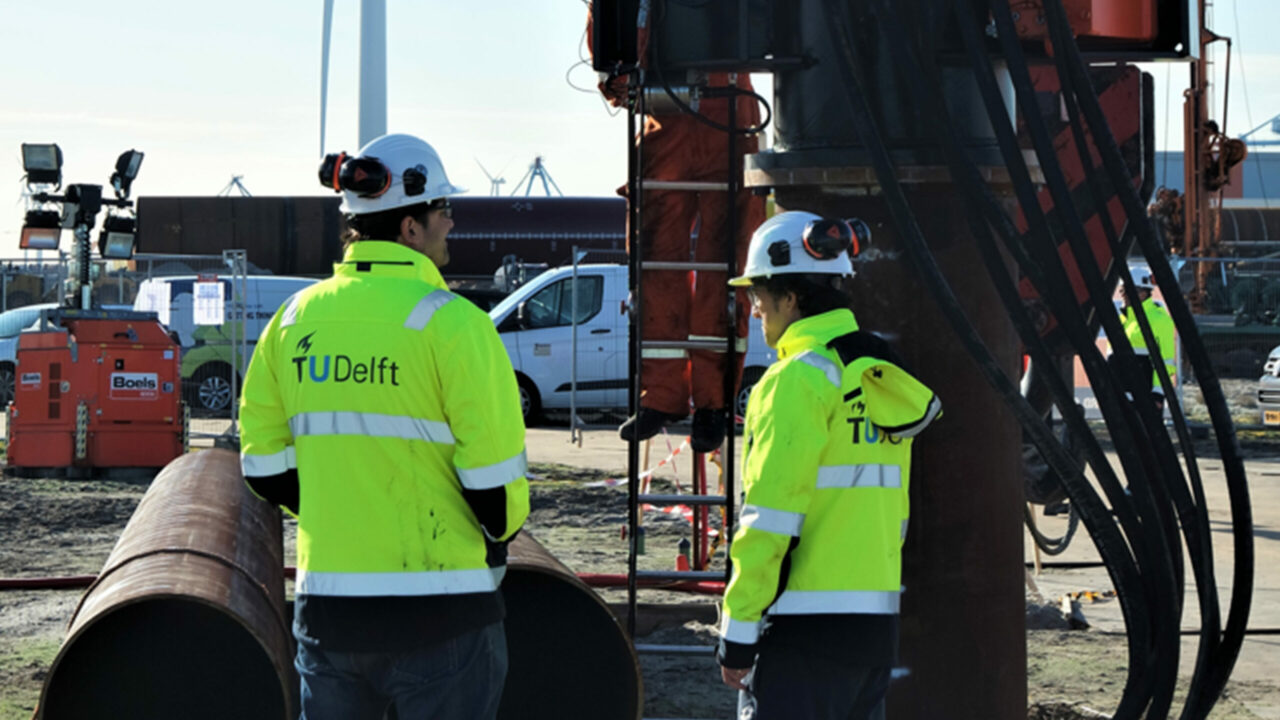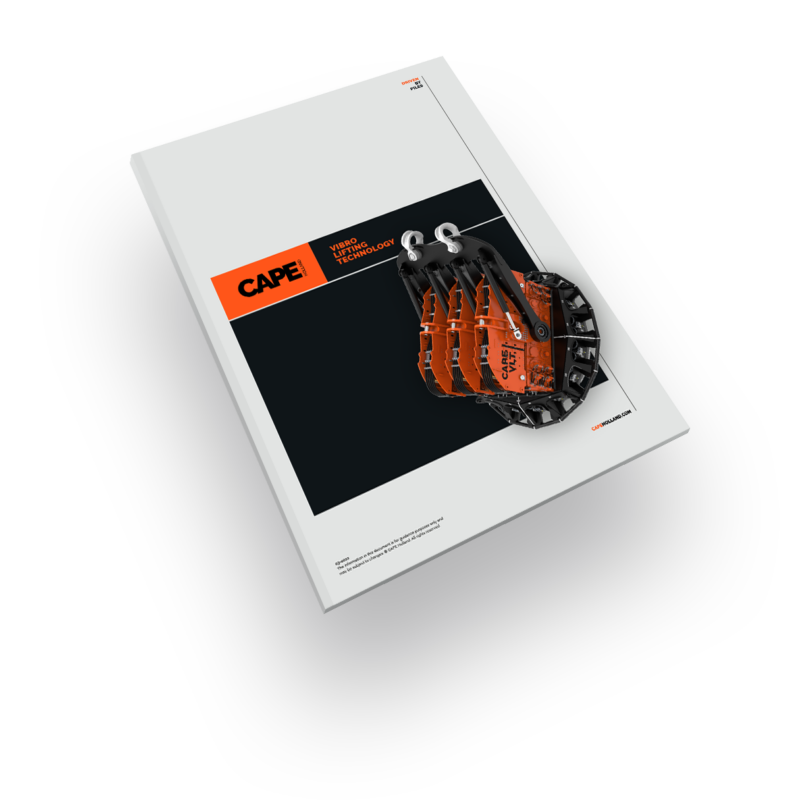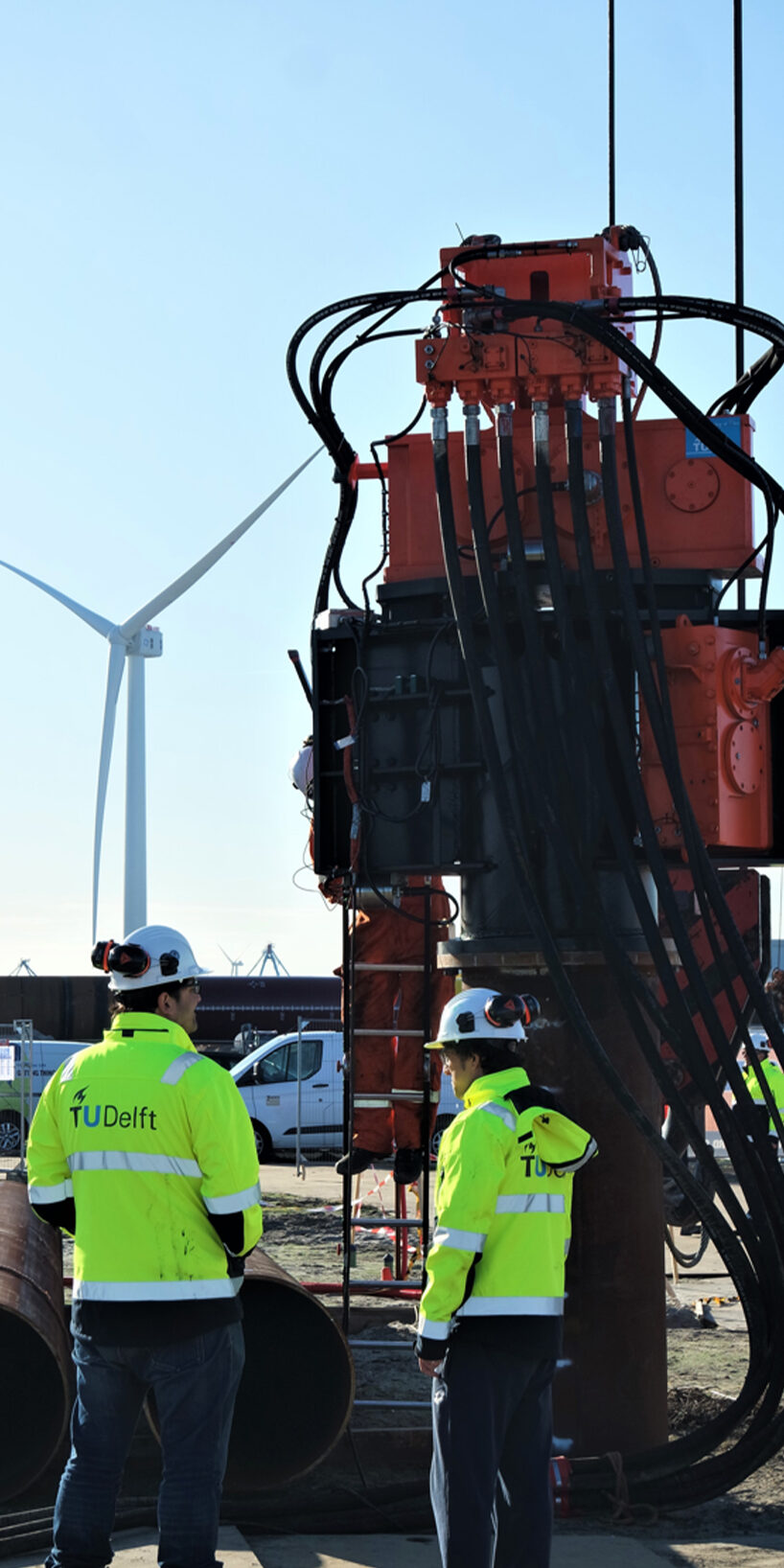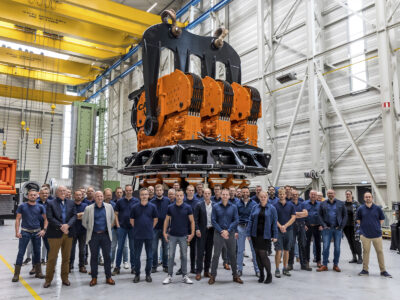
Knowledge
is Power
KNOWLEDGE IS POWER
CAPE Holland is involved in several Research and Development projects for many years. Gaining knowledge, supporting the offshore wind industry’s objective to reduce the levelized cost of energy and reducing the impact from offshore construction to the environment. This involvement is not limited to Dutch projects, but everywhere the Offshore Renewables industry is working on the same objectives.
SIMOX
Sustainable and low-cost installation of monopile foundations for future very large wind turbines. By testing multiple techniques, including vibro driving, SIMOX will develop new and necessary technical and environmental knowledge. Such techniques must enable the installation and decommissioning of XXL monopiles for very large offshore wind turbines in a sustainable, cost-effective, societally and environmentally acceptable manner. Key topics of research are driveability, environmental and ecological aspects (with a focus on underwater noise during pile driving), and bearing capacity of the soil. Finally, the implications for decommissioning at the end of the monopile service life will be assessed.
GDP
Gentle Driving of Piles. The aim of this project is to develop and test a novel pile installation method based on simultaneous application of low-frequency and high-frequency vibro’s exciting two different modes of motion on the monopiles. CAPE Holland has been instrumental in the design and development of the ‘Shaker’ as the tool has become to be known. After the first project was finished in 2020, the follow on project GDP 1.2 was started in 2021 with the aim to also look at stiffer soil types like clay. This project is ongoing. A further follow on is already planned for the future whereby a larger version of the ‘Shaker’ will be build and tested both onshore as offshore.
OWA
The Carbon Trust has initiated the OWA monopile driveability guidance for the vibro pile installation research project. The main objective of this project is to increase understanding on the vibro driveability of large diameter monopiles, identify opportunities to reduce excessive conservatism in the installation predictions and design and to produce a guidance report with recommended practices or considerations for various scenarios of vibro installation techniques. The OWA monopile driveability guidance for vibro pile installation research project was awarded to a consortium of industrial partners, with complementary expertise, which is led by Gavin and Doherty Geosolutions, with support from Allnamics Geotechnical Experts, DNV and CAPE Holland. The key aim of the project is to produce a reliable and accurate prediction methodology for vibro driven piles that the industry and certifiers can have confidence in.
DeCoMP
DeCommissioning of MonoPiles. Technische Universität Braunschweig started this research project in 2018 and the project will run until the end of 2022. The aim of the project is to compare various methods for the complete removal of monopiles. One of the methods being researched is the removal by use of a vibro hammer. As a project partner, CAPE Holland has provided 2 small scale vibro hammers for scaled testing performed in the universities purpose build testing bays. CAPE Holland furthermore shares experience and vibro driving expertise.
Decom Tools
Decom Tools project is funded by European Union and is about decommissioning of offshore wind parks in the North Sea Region. 14 organisations from 7 countries are involved in the project and each works on a specific topic. As an associate partner, CAPE Holland has provided input on the topic of full removal of monopiles for decommissioning of wind farms.
vibro
lifting
technology

Discover how its unique features will uplift your next project; download the vibro lifting technology guide.


